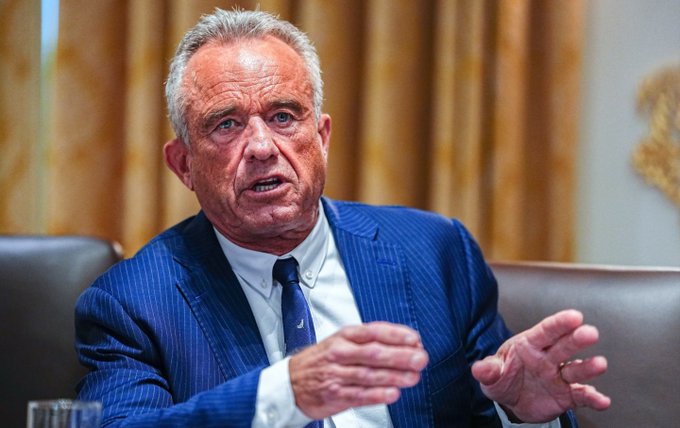Robert F. Kennedy Jr.’s escalating battle with the US Centers for Disease Control and Prevention (CDC) has become a global story, raising concerns about the future of public health both in America and abroad.
This week, Kennedy delivered fiery Senate testimony where he once again targeted the CDC, calling it the “most corrupt” agency in government. His remarks came shortly after he abruptly fired CDC director Susan Monarez, who lasted just 29 days in the role. Monarez later alleged she was pushed out for refusing to “pre-approve” vaccine recommendations from a new advisory panel handpicked by the administration, which critics say is stacked with vaccine skeptics.
The firing triggered a wave of resignations across the CDC, including senior leaders in immunization, emerging diseases, and vaccine research. Many former staffers argue that scientific evidence is being sidelined for political ideology. “For my own integrity as a scientist, I could not continue to serve,” said Dr. Fiona Havers, a senior vaccine researcher who resigned in June.
Kennedy, who previously led an anti-vaccine activist group, has long been a critic of immunization programs, falsely linking vaccines to autism and calling Covid-19 shots “the most deadly in history.” His decisions since taking office have fueled fears that decades of public health progress could be undermined.
Globally, experts warn the stakes are high. The CDC has historically played a central role in responding to health crises, from Ebola to HIV, and its recommendations influence vaccination programs worldwide. Anthony Costello, a former WHO director, cautioned that weakening the CDC risks eroding trust in science internationally: “What happens in America is of great importance… we might pay a price if politics replaces evidence.”
The next flashpoint will come on September 18, when the CDC’s new advisory panel meets to discuss vaccines, including for Covid-19, hepatitis B, and RSV. With the agency already reeling from internal upheaval, its recommendations will be closely scrutinized by the global health community.
As Kennedy pushes for sweeping reforms, critics warn his approach could leave the US and the world dangerously unprepared for the next pandemic.

